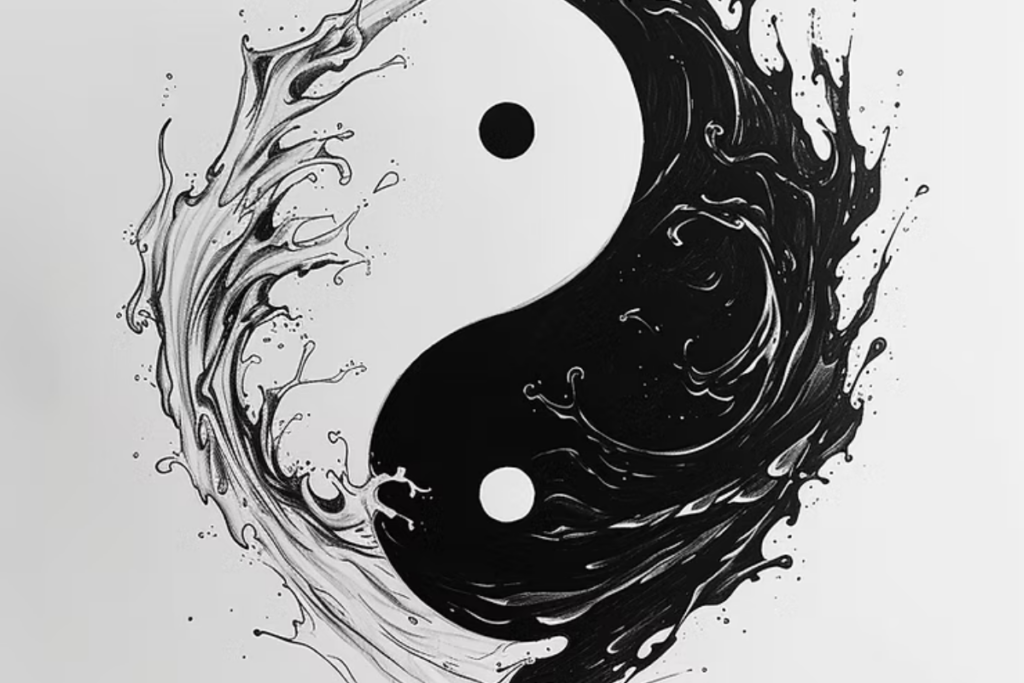Harmony is a pursuit as old as humanity itself. Across cultures and through centuries, the quest for balance has taken many forms. One of the most enduring and insightful comes from ancient Chinese philosophy: the principles of Yin and Yang.
Origins and Concepts
Yin and Yang are traditional Chinese concepts that date back to ancient times and form the basis of many aspects of traditional Chinese culture, including philosophy, medicine, and martial arts. Yin is often represented by shadows, stillness, and femininity, while Yang is represented by light, activity, and masculinity. However, these are not rigid classifications; they are fluid and changing. Everything has both Yin and Yang aspects, which are constantly interacting and balancing each other.
In its essence, the philosophy of Yin and Yang is about balance and harmony. It teaches that everything in the universe is composed of two opposing, but complementary, forces. Neither Yin nor Yang can exist without the other; they are forever intertwined, each containing the seed of its opposite.
Implications in Daily Life
The application of Yin and Yang extends beyond theoretical philosophy into practical aspects of daily life. This ancient wisdom can offer modern insights into personal well-being, highlighting the importance of balancing different aspects of our lives.
- Modern Psychology: Yin and Yang can be paralleled with psychological concepts such as the balance between stress and relaxation. Just as too much Yang (activity, stress) can lead to burnout, too much Yin (inactivity, passivity) can lead to lethargy and depression. Achieving a balance between the two can lead to better mental health and a more fulfilling life.
- Personal Well-being: Yin and Yang teach us the value of balance in our personal habits and lifestyle choices. This could mean balancing work (Yang) with relaxation and leisure (Yin), or balancing physical activity (Yang) with rest and recovery (Yin). By paying attention to our own Yin and Yang, we can strive towards a healthier, more balanced life.
- Work-Life Balance: In today’s fast-paced world, finding a balance between work (Yang) and life (Yin) is more important than ever. Yin and Yang remind us that neither should dominate the other. Instead, finding time for both career ambitions and personal life can lead to greater happiness and contentment.
Achieving Personal Harmony
So, how can one achieve personal harmony through Yin and Yang?
The answer lies in mindfulness and awareness. By being mindful of the Yin and Yang in our lives, we can start to make conscious choices that lead to a more balanced and harmonious existence. This could mean setting boundaries at work, dedicating time to relaxation and family, or engaging in activities that nourish both the body and the mind.
The ancient principles of Yin and Yang offer timeless wisdom that is still relevant in today’s world. By understanding and applying these concepts, we can pursue a more balanced, harmonious, and fulfilling life. Remember, harmony is not a destination, but a journey. By incorporating the principles of Yin and Yang into our daily lives, we can navigate this journey with wisdom and grace.


